
Polarized Training Pathway
In collaboration with Dr. Stephen Seiler, the “father of polarized training,” we have curated everything you need to know about the 80/20 training method.
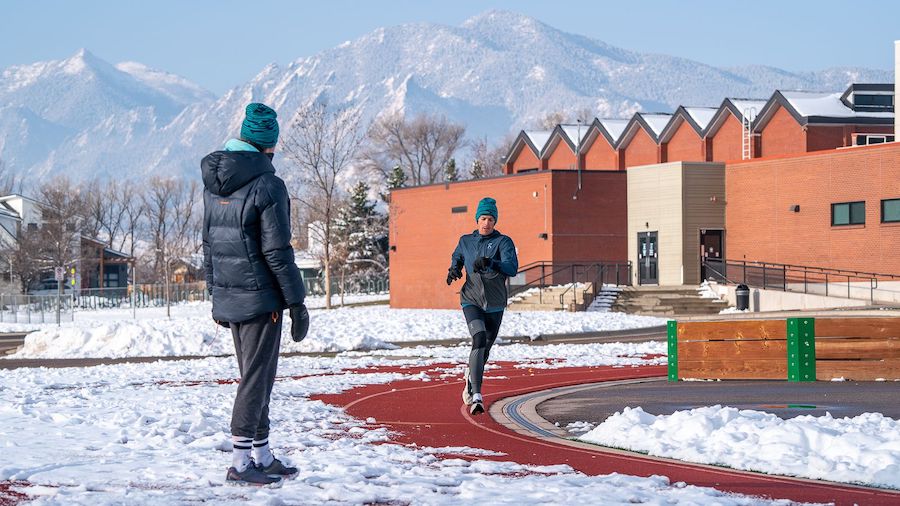
Coaching endurance athletes is an art, a science, and a craft.
We offer this selection of coaching-related articles, videos, workshops, and guides to help coaches begin to explore the support available for coaches through Fast Talk Labs.
Contact us with your questions, clarifications, or requests at coaches@fasttalklabs.com.

In collaboration with Dr. Stephen Seiler, the “father of polarized training,” we have curated everything you need to know about the 80/20 training method.
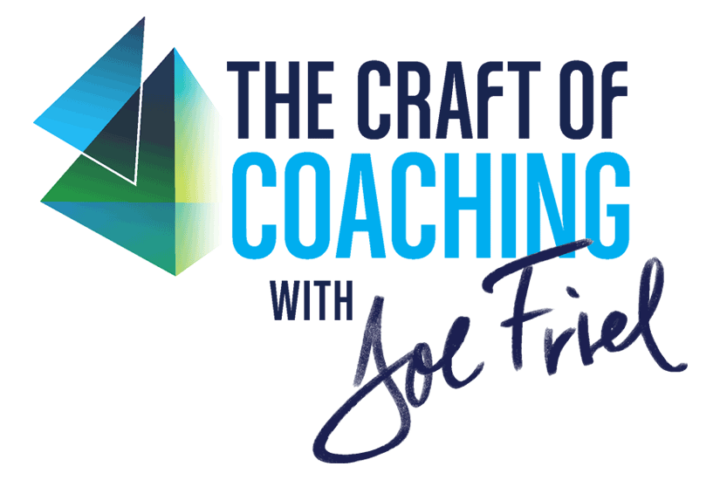
The Craft of Coaching is Joe Friel’s ultimate guide to becoming a better, more successful, and happier coach.
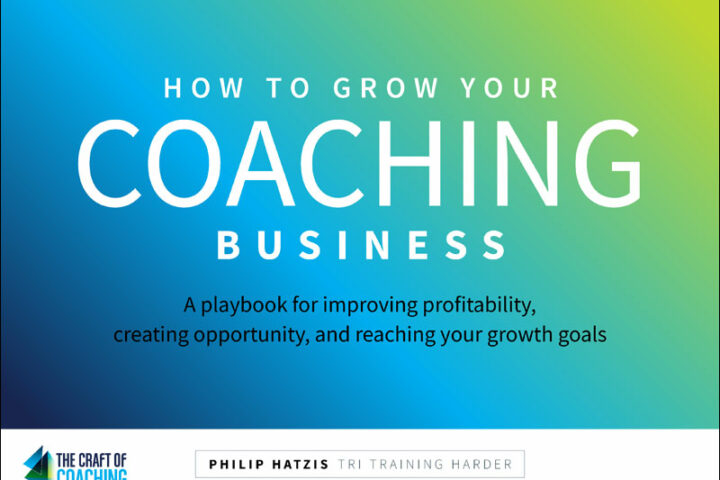
These Playbooks are free downloads that augment the useful content in The Craft of Coaching with Joe Friel through deeper dives into specific aspects of coaching.

Learn advanced data analysis for cycling, triathlon, and running workouts and races. With new data analysis tools, you can make better decisions about your training.

The era of AI-augmented endurance coaching is here. New tools don’t just collect data—they intelligently interpret, adapt, and learn, helping data-driven coaches and athletes to refine their training.
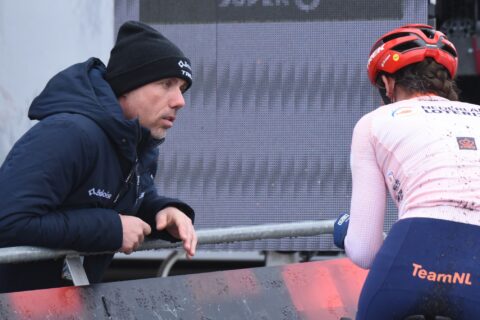
This client-centered counseling approach enhances your ability to guide your athletes toward improved motivation and commitment.
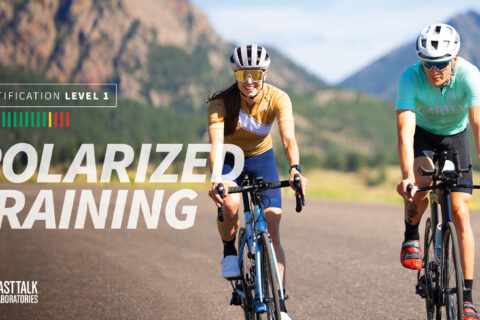
USA Triathlon and Fast Talk Labs announce the release of a new Polarized Training Certification Course for coaches.

When this pro athlete stopped restricting nutrition and fueling in favor of a higher-carbohydrate diet, she was surprised by the result.

Over a century of training and racing, coaches and athletes have continually experimented with the balance of volume and intensity. Today’s best practices look to maximize both a high volume of training and a small but potent dose of high-intensity work.
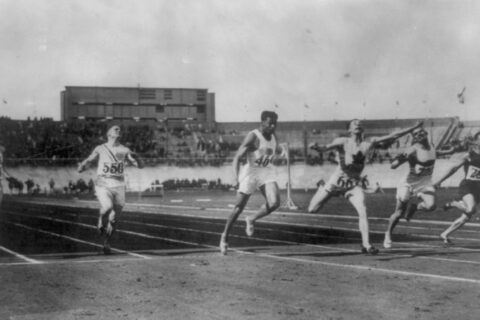
The timely combination of running facilities and stopwatches gave running a leg up on other endurance sports, inviting more structured training and innovation.
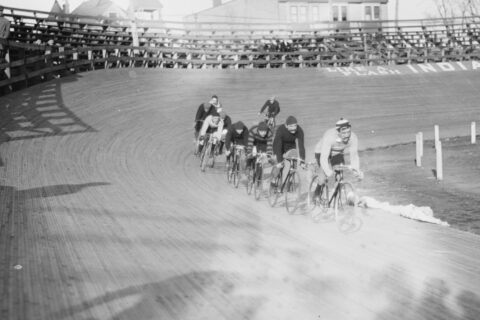
The early European cycling scene was convinced that more miles and more racing made champions. By the 1980s, a new generation of pros was redefining the goal and the roadmap to get there.
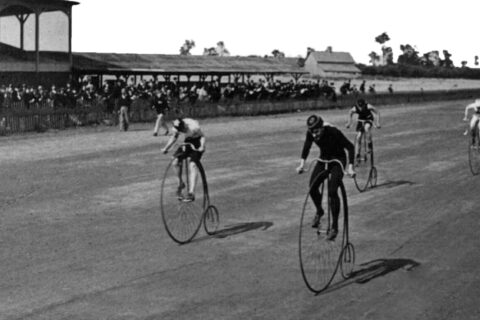
Coach Joe Friel recounts the relatively short history of endurance sports to identify the athletes and coaches that influenced how we train and race today.
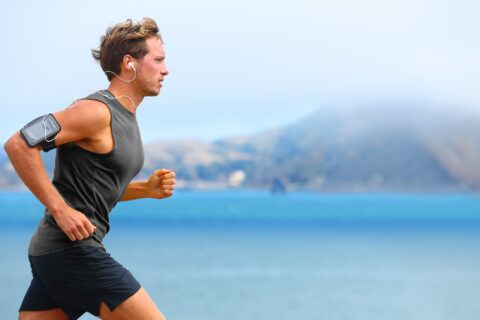
We explore what it takes to develop from a recreational triathlete into an IRONMAN World Championship qualifier.

A panel of endurance sports coaches presents opportunities and threats for the future of coaching.
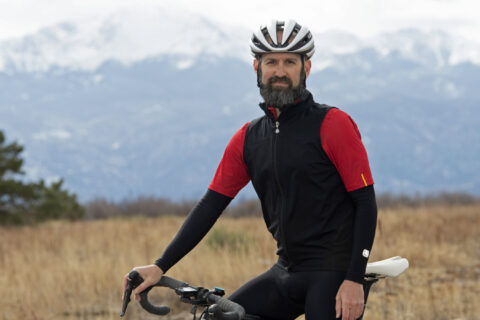
Over his long tenure at CTS, Jim Rutberg has seen the coaching profession evolve amid an ever-growing industry. He identifies best practices for coaches, individually and collectively.

What to do when you find yourself caught up in other athletes seeming tougher, happier, and more badass than you on social media.

It’s natural and at times beneficial to compare yourself to others, but social media can exacerbate the negative aspects that come with too many comparison games.

This comprehensive guide includes tips and conversation starters to help coaches walk their athletes through this digital Wild West.
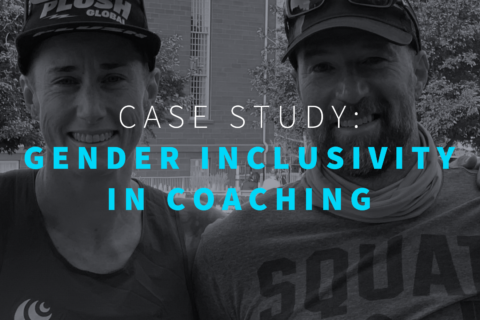
Pro athlete Rach McBride and their coach Mateo Mercur discuss the importance of gender inclusivity when it comes to coaching, and how their relationship has been a source of support and inspiration.
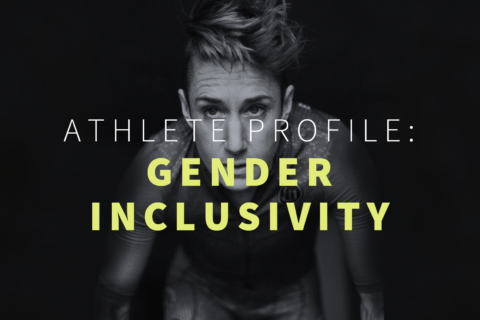
Rach McBride is the first openly gender nonbinary pro in triathlon. They share their experience navigating elite sports and look to a future where nonbinary athletes are included and celebrated everywhere.
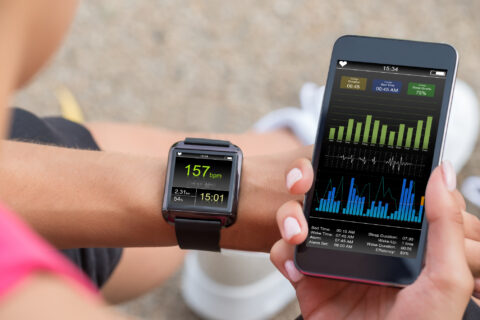
By tapping into the power of data analytics coaches can make important decisions more quickly and better prepare athletes for the specific demands of any given race.
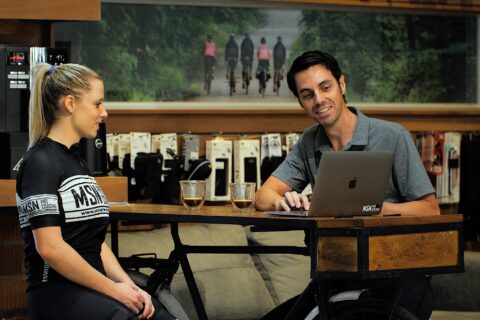
Mike Norton leaned into his love of crunching numbers and applying science to differentiate his coaching services and offer more value for athletes.